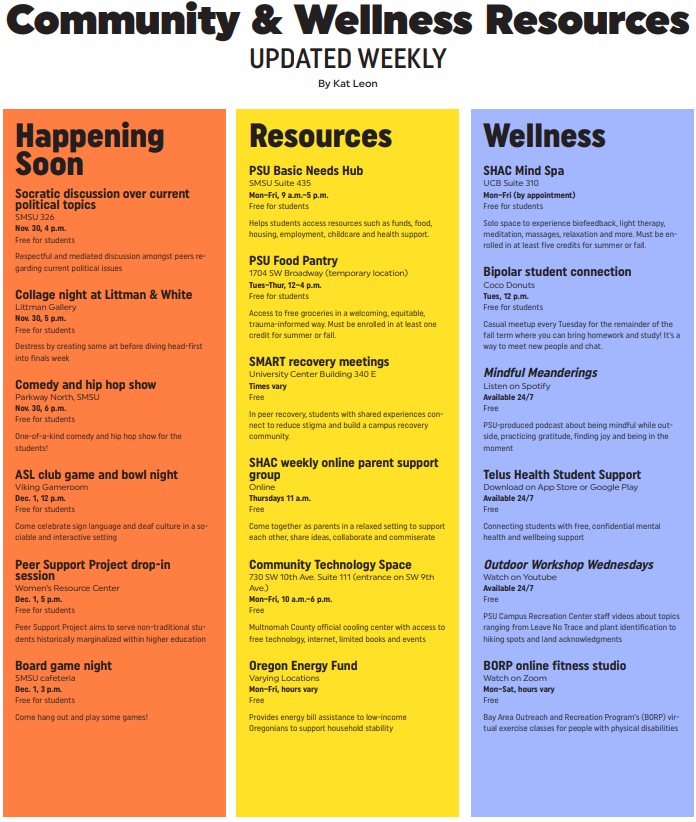Scott Denman
hiThe decision by President Bush on Feb. 15 to reject sound science by signing off on the U.S. Department of Energy’s (DOE) recommendation for the flawed Yucca Mountain high-level radioactive waste dump is politics as usual with potentially lethal consequences.
Backtracking on a campaign promise made in September 2000 that “sound science” – not partisan politics – would determine the suitability of the site, Bush gave the green light to the Yucca Mountain dump despite statements from the site contractor that the science is incomplete and the site not ready for clearance.
In doing so, President Bush has turned a blind eye and a deaf ear to the avalanche of evidence that Yucca Mountain will not safely store radioactive waste for the long-term. The government’s own contractor, the State of Nevada and the American people all object adamantly to the proposed site. The thousands of shipments that will be needed to transport the waste to Yucca Mountain put not only the people of Nevada at risk but the millions who live along the transportation routes as well.
Compelling evidence from four independent authorities exposes the Bush decision as premature and ill-advised: In November, a General Accounting Office (GAO) report urged Bush to indefinitely postpone a decision on Yucca Mountain, citing serious questions about whether it could be built as currently conceived. The GAO found 293 items that needed further scientific study.
The GAO report revealed that DOE contractor, Bechtel SAIC, had told the department that it would take until January 2006 to complete the detailed scientific research needed to resolve the hundreds of technical issues before declaring the site suitable.
In a January 2002 document, the congressionally created U.S. Nuclear Waste Technical Review Board described DOE’s “technical basis” for repository performance estimates as “weak to moderate.”
A report by Radioactive Waste Management Associates, commissioned by Nevada’s Agency for Nuclear Projects, revealed this month that the metal containers designed to carry the waste to Nevada could not withstand the level of heat from the fires that engulfed the World Trade Center towers or even the Baltimore rail tunnel during the fire there in the summer of 2001.
In making a fundamentally reckless and irresponsible decision, the Bush Administration has opted to sacrifice the health and safety of present and future generations to throw a bone to the nuclear industry. Rushing to provide a storage facility gives the nuclear power industry an excuse to keep producing more waste. In reality, the prudent first step in solving the security and safety problems posed by nuclear waste is an orderly phase-out of the reactors that make it.
Ignoring the obvious vulnerability to terrorist attack, Bush’s decision authorizes transport by road and rail of tens of thousands of shipments through at least 44 states, jeopardizing the safety of more than 50 million people. A 1998 University of Maryland opinion poll indicated that two thirds of the U.S. public opposed shipment of high-level waste to a then proposed “temporary” Nevada storage site. Of those opposed to shipments, 75 percent strongly rejected the concept of radioactive waste transportation.
The decision to approve merely signals once again that Bush has cow-towed to pressure from his friends in the nuclear industry and bought into their ostrich mentality that insists attacks on waste casks, reactors or the dump itself are unlikely or impracticable. This approach was patently contradicted by the tragic events of Sept. 11 when the unthinkable became a reality.
Scott Denman is executive director of the Safe Energy Communication Council (www.safeenergy.org), a national energy policy watchdog coalition.



